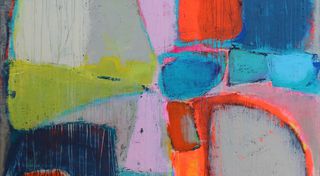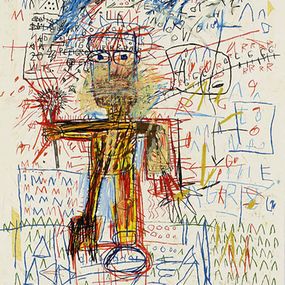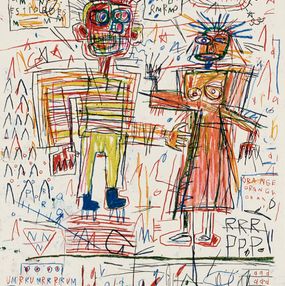
Afrofuturism
"Afrofuturism is the appropriation of science fiction technology and imagery by African Americans."
These are the words of academic and cultural critic Mark Dery, words which gave birth to the term "Afrofuturism" in his 1993 essay Black to the Future. Without being an artistic movement in the true sense of the word, Afrofuturism was formed around Black culture and art. Between race and technology, this movement proposes an alternative to a painful past, and a resistance to the oppression suffered by Black people.
Afrofuturism first developed in the literature of the 1960s with the novel Nova by Samuel R. Delany and Stan Lee's Black Panther comics, and later with the work of writer Olivia Butler. The movement has taken many forms, such as in television with the appearance of black actors in successful series such as Star Trek (1966-1969), and in the same period within the conflict and struggle for civil rights. Music also played an important role, carrying it in the 1970s, notably by jazz artists like Sun Ra, and groups like Funkadelic. All of these facets of Afrofuturism are sometimes brought together to create a single work, such as the globally successful 2018 blockbuster film Black Panther.
Within fine arts however, the rise of Afrofuturism has only come about recently. From the 2014 exhibition Moondance: A Night in the Afro Future at MOMA to Mothership: Voyage Into Afrofuturism in 2021/2022 at the Oakland Museum of California, the movement has seen the most acclaim in the United States. But today, it is found in more and more exhibitions and fairs, attesting to its growing popularity and impact...
From avant-garde artist Jean-Michel Basquiat to surrealist Tsoku Maela, discover the Afrofuturists artists of Artsper!













